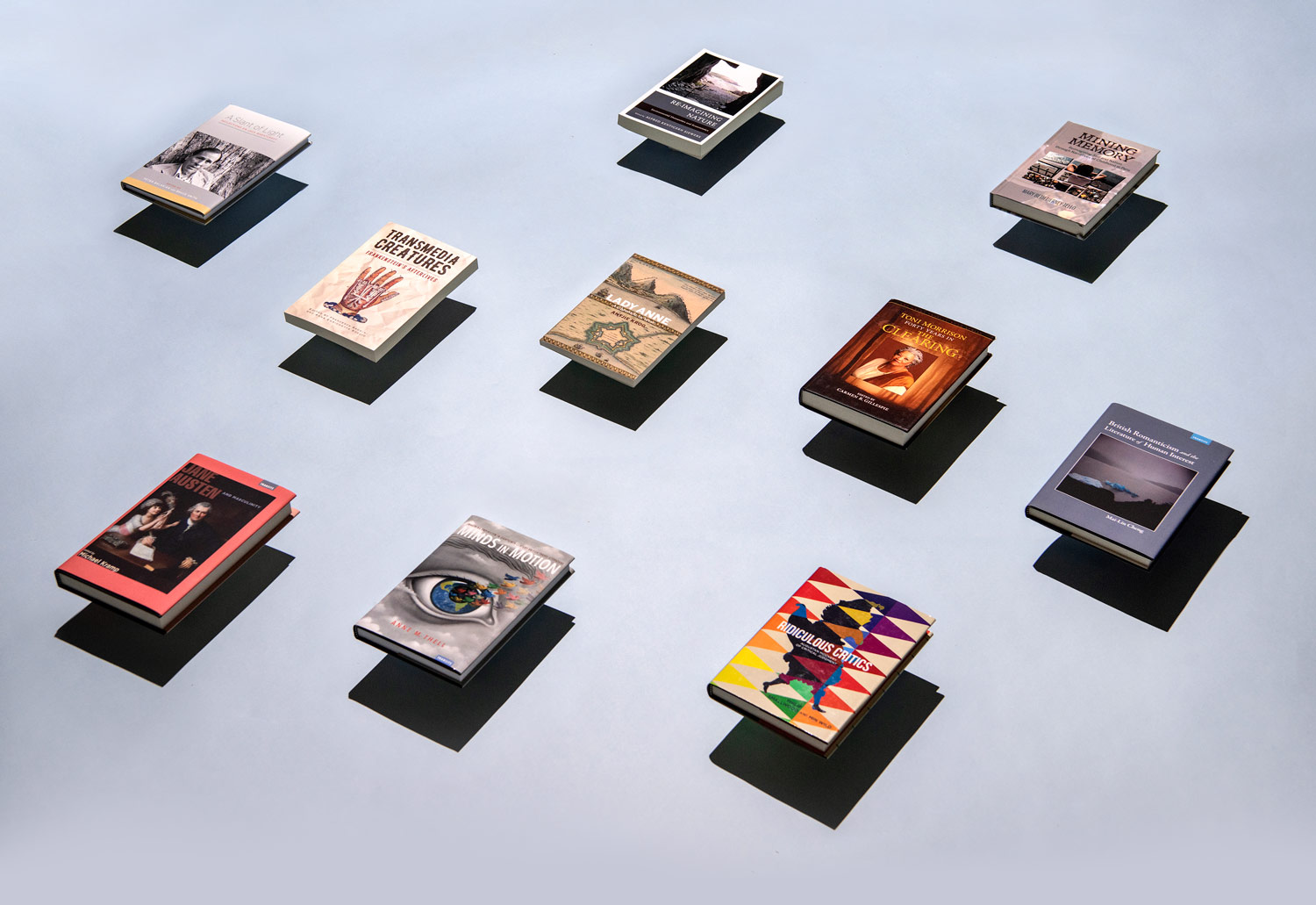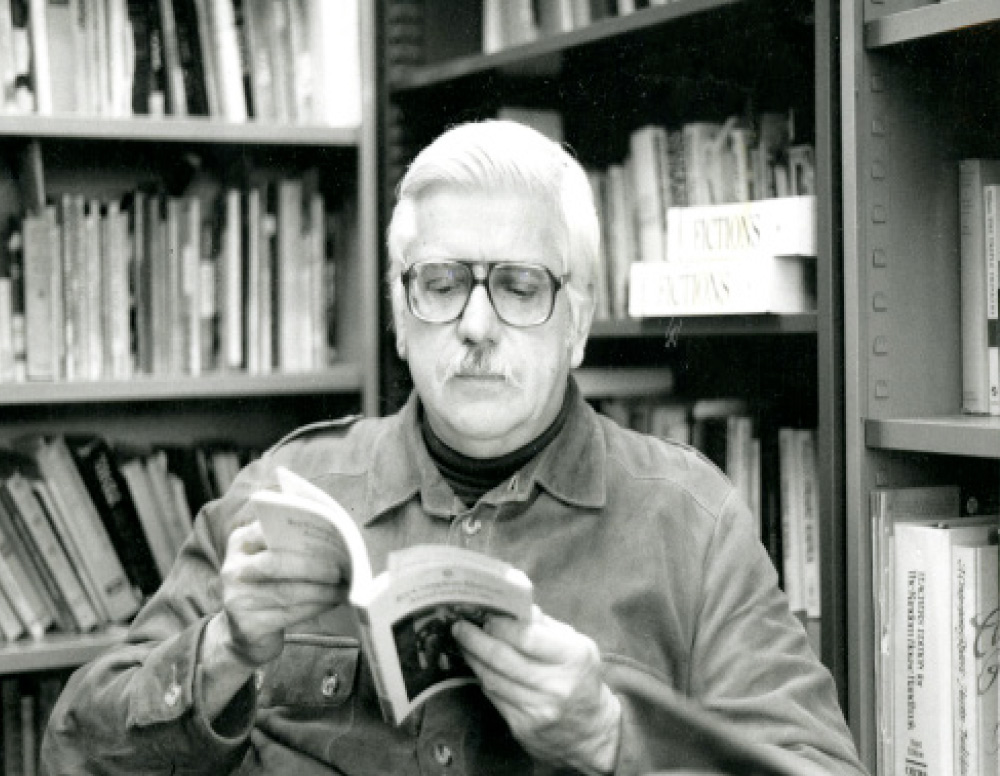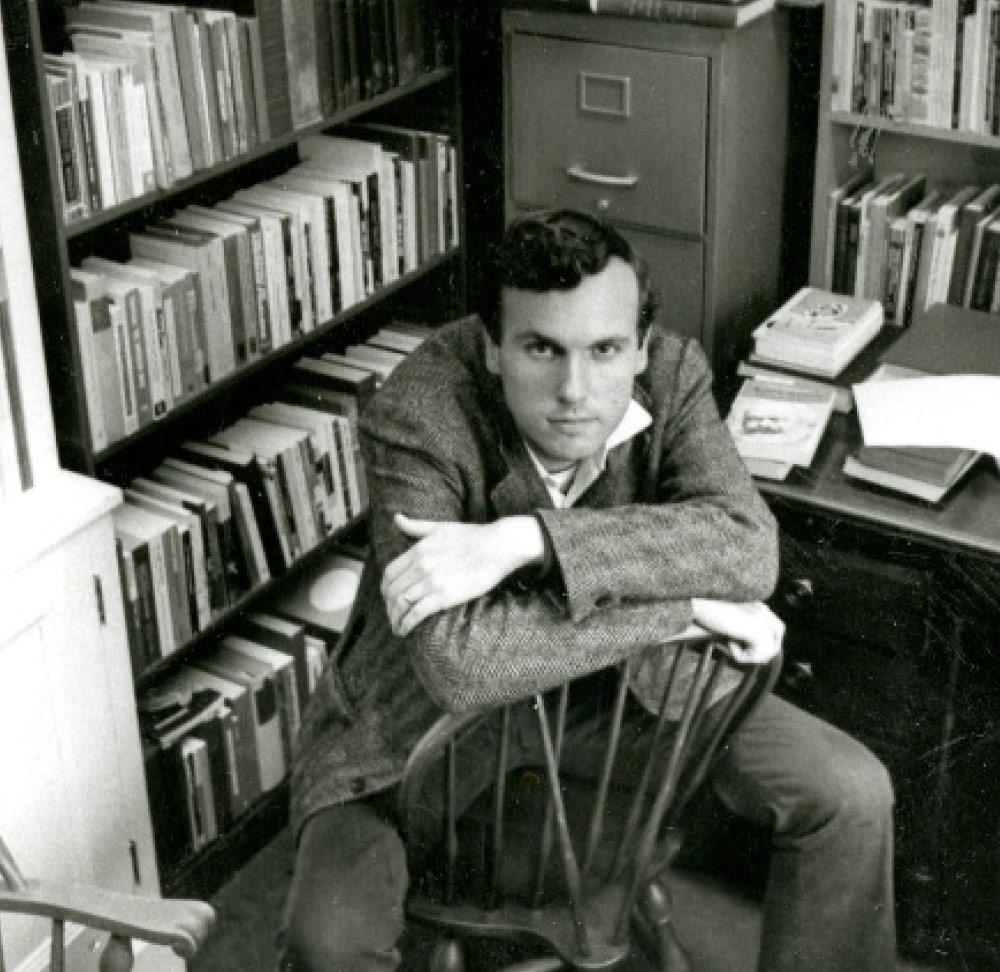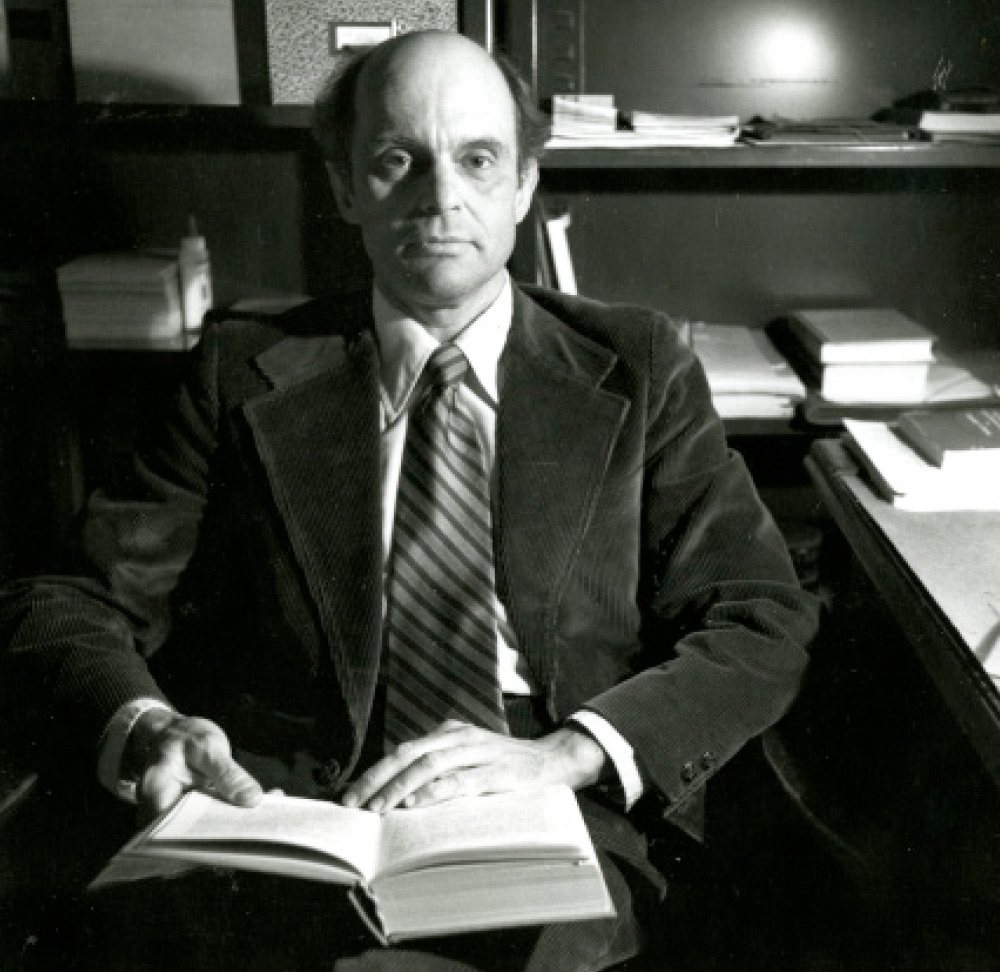
photograph by Emily Paine

photograph by Emily Paine
he United States has some 2,500 universities, but only 140 operate their own university presses, sending out into the wide world academic and scholarly books that would never find a home in the commercial marketplace. And for those publishers, it’s a tough time to be in business.
While promoting intensive scholarship is an important mission, and hosting a university press enhances a school’s academic reputation, the books aren’t big sellers. Most titles are produced in small quantities that can cost more than $100 a copy. Printing costs are rising, while the number of buyers who can afford expensive volumes on highly specialized topics — mainly academic libraries — is steadily shrinking.
It takes money from the host university’s budget to support an academic press, and the competition for those resources is intense. Smaller presses have disappeared at institutions such as Duquesne, Susquehanna and Fairleigh Dickinson. The University of Missouri almost lost its press — administrators decided to save money by abruptly closing it, but a furious backlash reversed that course.
At Bucknell, though, it’s a different story.
Bucknell University Press, under the 22-year stewardship of newly retired director Greg Clingham, isn’t just surviving — it’s thriving.
“Sadly, many schools our size and larger don’t have a press, and many others are winding them down,” says President John Bravman. “We are reaffirming the academic and scholarly value of having the Bucknell University Press endure.”
Now in its 51st year, the Press hums along, annually producing about 30 titles that consistently receive positive scholarly reviews. From its early days, the press has enjoyed a strong reputation for producing important academic works about the literature and culture of Spain, Portugal and Ireland. Under Clingham’s direction, the press became an international leader for publication of Latin American studies and 18th-century studies, Clingham’s academic specialty as a Bucknell professor. (During his first 20 years, he also taught in the English department, until running the Press became a full-time position.)

1968-1972
1972-1976


1976-1996
1996-2018


1968-1972

1972-1976

1976-1996

1996-2018
To be published by a university press, a scholar’s work undergoes rigorous peer review. At Bucknell, each submission is scrutinized by at least two outside readers. The Press also has an editorial board that asks difficult questions before making the final call on publication.
Clingham notes even a book he edited underwent the same intensive process when he wanted the Press to publish it. “There is no free pass for anyone,” he says, “and that includes me.”
“I can’t tell you how many times I’ve used books from the Press in classes,” says Gillespie, director of the Griot Institute for Africana Studies. “The Press catalog is so rich. It leads you to go beyond what you’d normally think of including.”
The Press is also a mentoring ground for Bucknell students interested in scholarly publishing. Many interns and graduate students use their experience at the Press when launching their careers. (See Page 38 for examples.)
While the University Press focuses on obtaining and editing high-quality academic manuscripts, it relies on business partners to handle the costly logistics of printing and distributing its publications. In 2018, Bucknell University Press partnered with Rutgers University Press, a larger publisher that helps Bucknell maximize economies of scale, distribute publications to a wider readership and publish general-interest titles.
As Clingham was departing, the Press was preparing to publish A.W. Barnes’s The Dark Eclipse, a memoir about a long-ago family suicide. “It’s the kind of book you might see at Barnes & Noble,” Clingham says. “It’s artistically written. It speaks to the sophisticated reader. Rutgers is very happy to do those books with us. It’s one of the reasons we switched.”
But Parker says Bucknell Press has had some “rock star” titles among its scholarly works. She points to The Secret Life of Things, an essay collection that examines 18th-century objects and their significance. Besides being a hit with general readers, Parker says the 2007 book opened a new area of study in the field. Excitable Imaginations, Kathleen Lubey’s 2012 book about the surprising prevalence of sex and eroticism in early British writings, “caught the zeitgeist,” Parker says, and was reviewed by The Times Literary Supplement of London.
At Bucknell University Press, the quality of the books does not stop with their content. “The books, generally speaking, are very beautiful,” Gillespie says. “They are presented in an aesthetic, artful manner.”
Clingham says appearance is an important part of the publishing process that enhances sales.
“If you can’t market and sell your product, you’re in trouble,” he says.
Those are reassuring words for the next director. The search for Clingham’s successor has been completed, and the new director’s name will be announced soon. Whoever comes aboard will be happy to hear the optimistic prediction from the man who was in charge for 22 years. Says Clingham, “I have no doubt that the Bucknell University Press’s best days are still ahead.”